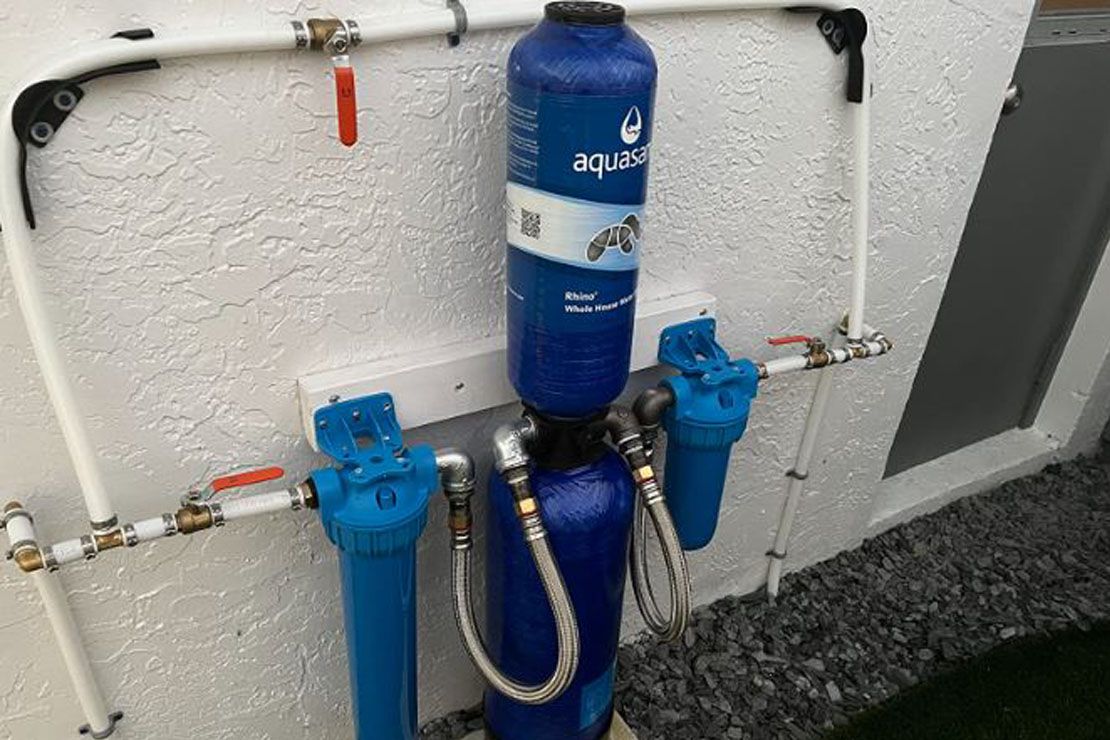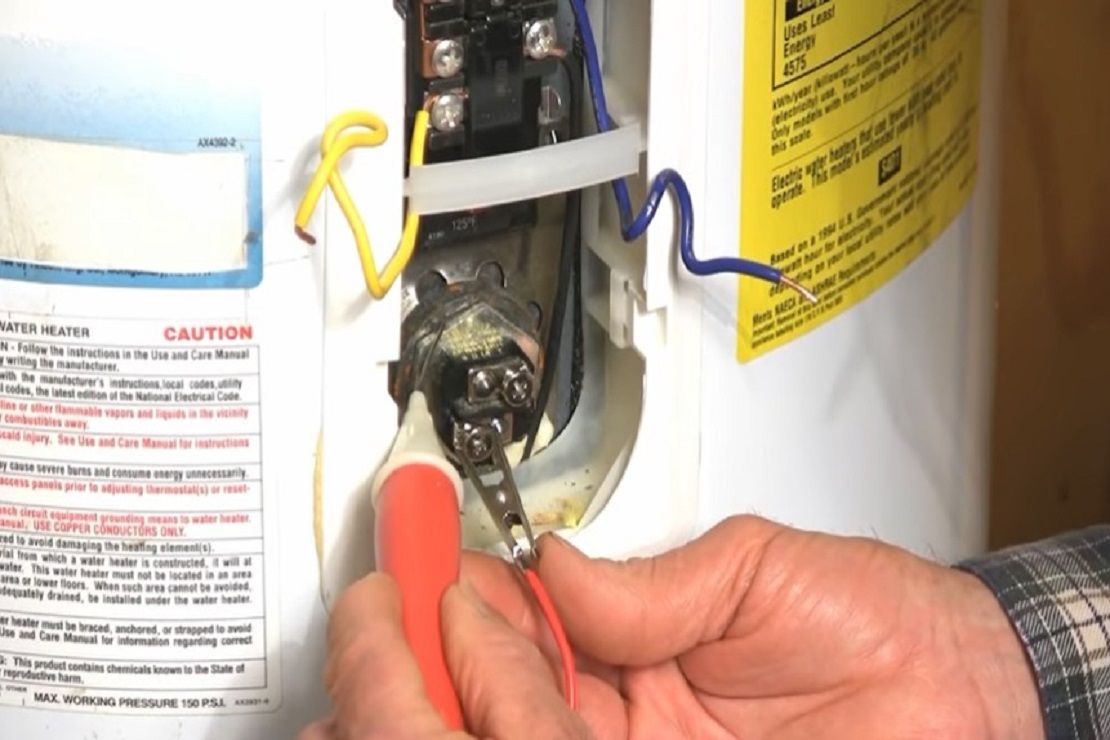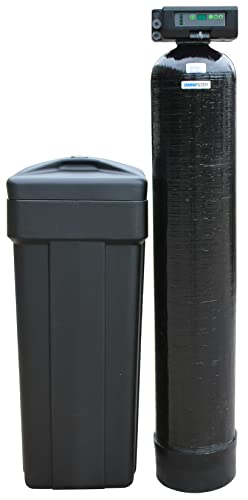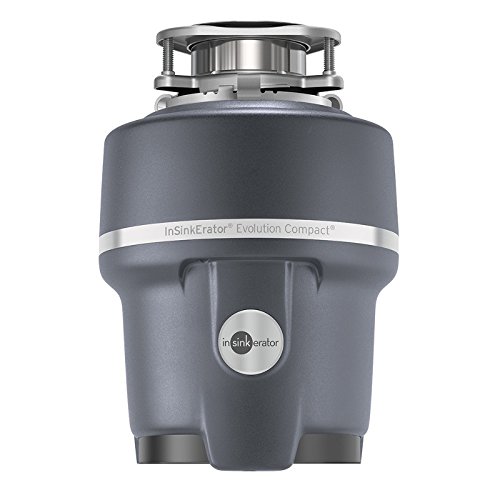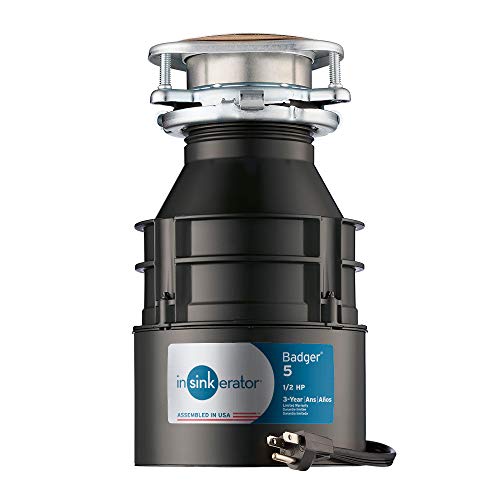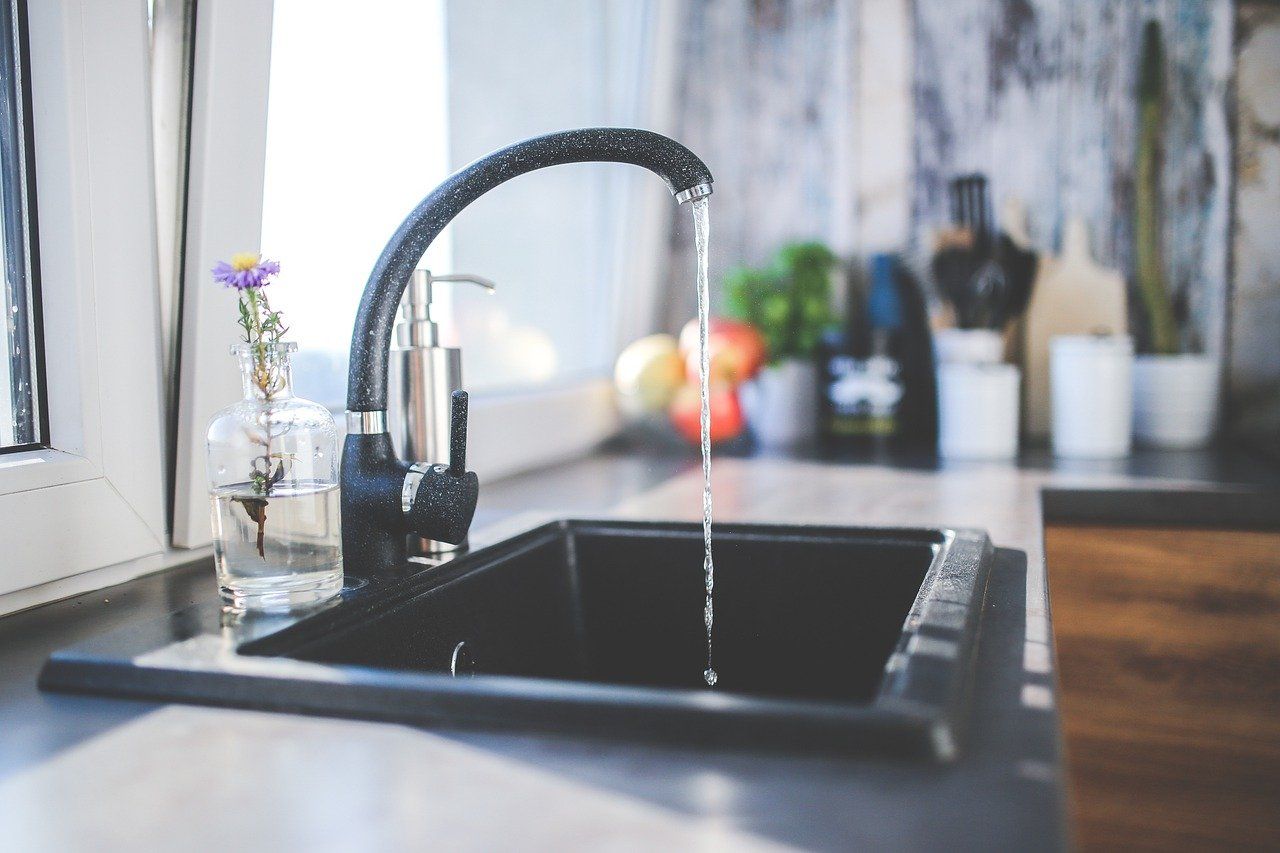
Reverse osmosis is a popular water filtration method used in many homes for drinking water. It is effective at removing a wide range of contaminants when compared to other water filtration methods. Although deionized water systems remove more contaminants, the water is not suitable for drinking.
Reverse osmosis (RO) water has been called "bottled water coming directly out of your faucet." Some people are voicing concern about using RO water because they have been told that it removes all of the beneficial minerals. So, is RO water safe and healthy to drink, or are the risks not worth the reward?
RO system takes more contaminants than regular filtration. Bacteria, lead, chlorine, sodium, fluoride, pharmaceuticals, arsenic, and a whole list of other contaminants. But, one downside is that while all those unwanted contaminants are being removed, the reverse osmosis membrane also removes 90 percent of the minerals in the water.
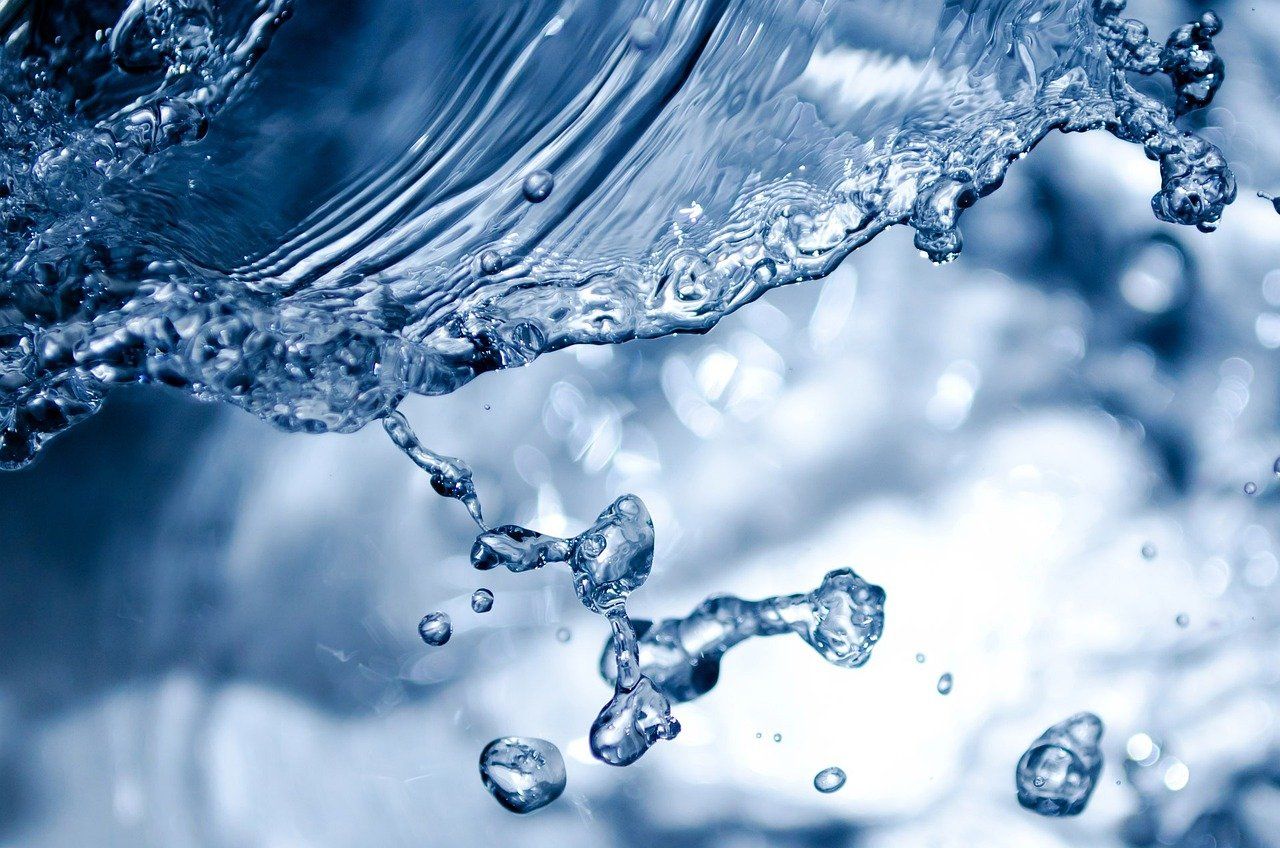
Now first off let’s be clear – water is not a sufficient source for your daily minerals. If you drank a bathtub of water a day, you might not get 10% of the minerals your body needs. Water is just not a major source of your body's minerals. However, there are lots of things about drinking water that should concern you. Things like lead, chromium 6, arsenic, chloramine, and about 35,000 other chemicals.
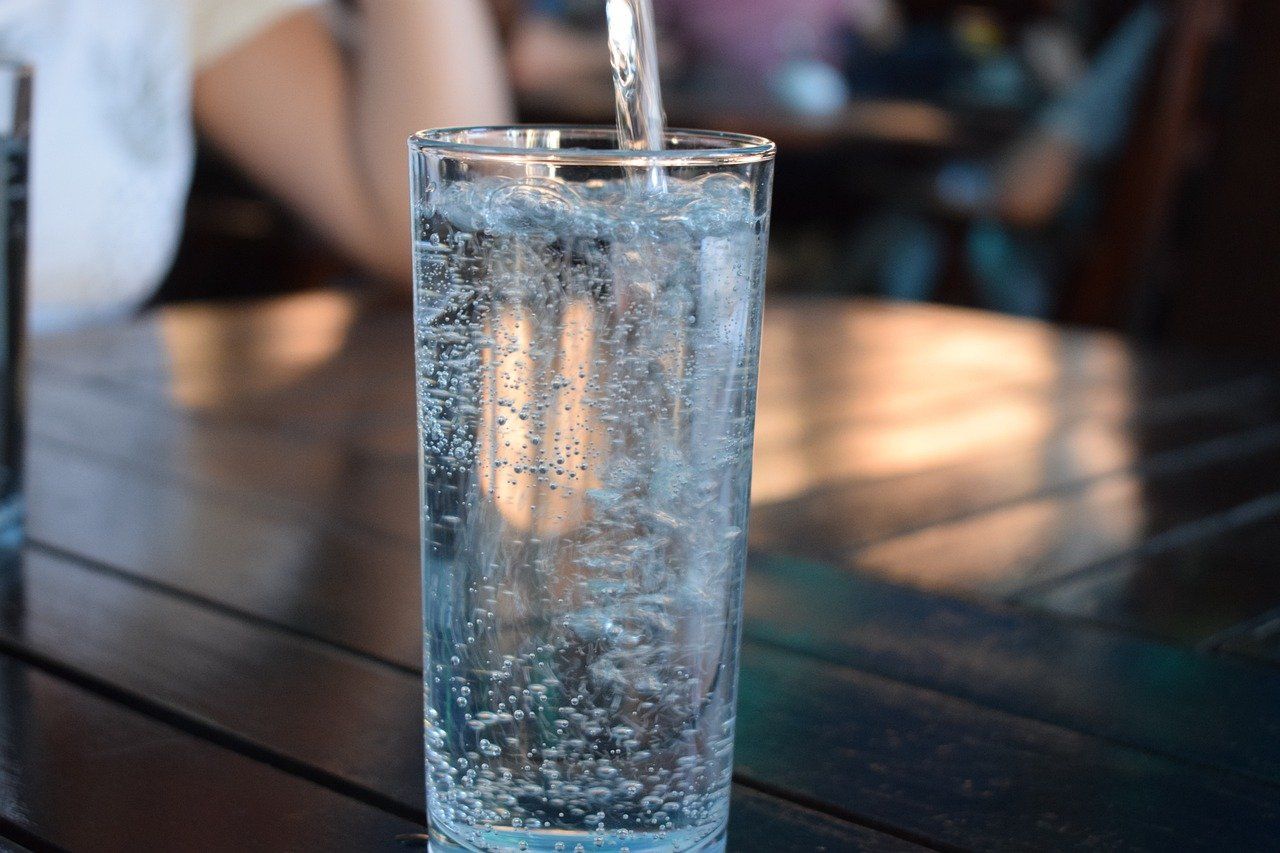
The World Health Organization (WHO) recently released a study warning that the 90 percent of minerals removed by reverse osmosis (RO) can have long-term health risks. Although the science is still inconclusive, WHO warns that the lack of minerals in the water can negatively affect the minerals your body gets from your diet and even supplements.
The study found that "reduced mineral intake from the water was not compensated by their diets...low-mineral water was responsible for an increased elimination of minerals from the body." In other words, if you don't get enough minerals like calcium from your water, your body will start leeching away other minerals it gets from your diet, which can lead to deficiencies.
So what do you do? Should you avoid a RO system and risk drinking unwanted contaminants to make sure that your body gets enough minerals? Places like Flint, Michigan have proven that to be a risky gamble. I encourage everyone to do their own research to decide if a reverse osmosis system is right for them, but if the lack of minerals is a concern for you then there is a way to have the best of both worlds.
Reverse osmosis systems can be outfitted with remineralization filters, which work to add back in the minerals that are removed during the filtration process. This results in clean, crisp RO water that still contains all the beneficial minerals.
At GuessBest, we believe that an RO system is the safest choice for your home's drinking water to remove harmful contaminants. However, you should opt for an RO system that not only adds minerals back into the water, but also increases the pH and absorption of hydration by reducing the ORP (oxidation-reduction capacity) of the water.
Suggestions for you: Best Reverse Osmosis System For Your Kitchen


